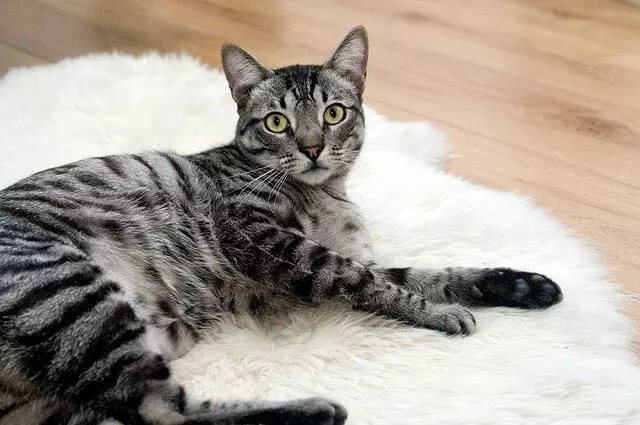A cat cold is really an upper respiratory infection. These contaminations are typically brought by an infection and can cause your cat to feel lazy and lose appetite.
Best Sellers List
Antibodies that are specific to cats can help prevent colds in cats. Because they can’t smell their food, a cat infected with a virus usually refuses to eat.
Some common symptoms of the infections that cause cat colds
• Sneezing
• Lethargy
• Coughing
• Discharge from the eyes or nose
• Excessive swallowing
• Loss of appetite
• Lift up the third eyelid
• Dehydration
• Fever
Why do cats get colds?
Cats’ colds can also be caused by a combination of viruses. Cats are very sensitive to change, so if your cat is becoming concerned about things like healing from being confined or a change in location, their immune system may be weak, resulting in a cold.
Although cats cannot pass the sickness on to humans, they can pass it on to other cats.
Home remedies that prevent your cat from cold
Assist your cat with grooming
Clean their nasal passages and eyes with a clean, warm, wet washcloth. To clean up your cat’s mouth and nose, gently massage their face with a washcloth. To wipe body fluid out of your cat’s nose, use a newborn children’s bulb syringe.
Revolve up the heat
Cats aren’t renowned for being aquatic animals, but spending time in a hot bathroom can help them clear their airways. You don’t want to bother your cat with at-home cures since cats may be picky, but if you can convince your cat to hang out in a hot bathroom, it can help open nasal passages while fighting contamination.
Cats prefer to snuggle against warm surfaces, so a heated cat bed or warming cushion would appear to be a wise choice for calming her when she’s feeling under the weather.
It is critical to control the temperature so that your cat does not get burned. Their paws and paunch have the most delicate skin.
Keep an eye on food and water bowl levels
When your cat is congested, it loses its sense of smell, which can lead to a loss of appetite. You may be able to entice your cat to eat by offering unusual delicacies such as a spoonful of fish, sardine juice, raw liver, or chicken meal without onions.
If your cat is reluctant to eat, you can absorb evaporated food water or reheat canned food slightly warmer than room temperature. Because it takes out the natural odors of the food, it may make it more appealing and enticing to eat.
It’s also crucial to keep an eye on your cat’s water level. If you believe your cat has become dehydrated, you should consult your veterinarian, since bacterial pneumonia is a possibility. It’s also crucial to make sure your cat is urinating and pooping. Diarrhea causes dehydration to worsen.
Provide your cat vitamin
Give your cat apple juice vinegar combined with food or fish juice on a daily basis. Vitamin C or grape natural product seed-based remedies can assist enhance your cat’s immune system. However, you should always consult your veterinarian before administering any medication to your cat, and you should never give them cold medicines intended for humans.
Conclusion:
You should ensure that your cat has plenty to eat and drink in order for them to recover quickly.








